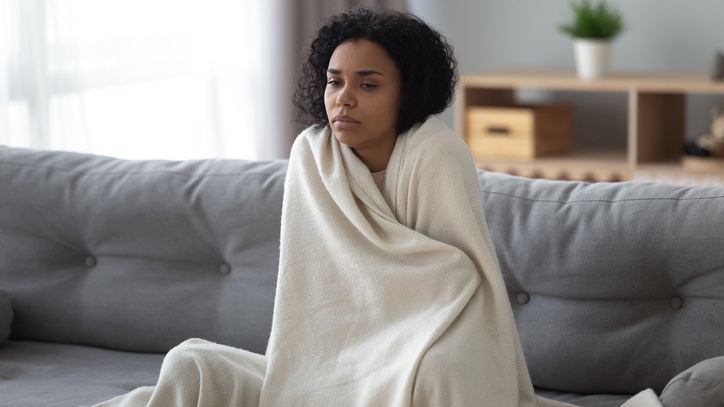As the coronavirus outbreak has led to the government recommending social distancing and quarantine, WFAA reports there has been an increase in calls for help from victims of domestic violence as people are stuck inside with abusers.
Deputy executive director of the United Nations Women Anita Bhatia worries that the measures taken to protect people from the coronavirus may put others in danger.
“The very technique we are using to protect people from the virus can perversely impact victims of domestic violence,” she told Time. “While we absolutely support the need to follow these measures of social distancing and isolation, we also recognize that it provides an opportunity for abusers to unleash more violence.”
While the number of domestic violence cases may not rise, those already in abusive situations may find themselves in worse cases as they are not able to go to work or a friend’s house.
“We know that domestic violence is rooted in power and control,” says Katie Ray-Jones, CEO of the National Domestic Violence Hotline. “Right now, we are all feeling a lack of control over our lives and an individual who cannot manage that will take it out on their victim
Being home because of the outbreak allows abusers to further control their victims, according to Ruth Glenn, the president and CEO of the National Coalition Against Domestic Violence.
"Because of this situation, the quarantining and social distancing and isolation that is occurring because of the COVID-19, it can certainly allow abusers to have more tactics they can use to maintain their control," Glenn told ABC News.
Shelters are seeing an increase in calls for help. Because of social distancing, some are running out of room and looking to place people in hotels.
“What has also happened is because some shelters don’t have private bedrooms, they are having to isolate people and spread them apart, which has reduced how many people they can take in,” Paige Flink, CEO of The Family Place, told WFAA.
Many calls that are related to the coronavirus are extremely violent.
“People being locked in rooms, being shot through the doors, prevented from leaving, having to stay because he’s afraid she will go out and get it. Crazy stuff,” said Flink.
The National Domestic Violence Hotline reports that callers say their abusers are using the virus to further isolate their victims.
“Perpetrators are threatening to throw their victims out on the street so they get sick,” said Ray-Jones. “We’ve heard of some withholding financial resources or medical assistance.”
Bhatia is urging governments to provide relief packages with paid sick leave so those facing domestic violence can maintain financial independence.
Domestic violence organizations are also coming up with new ways to help victims while under isolation due to the virus. In some cases, victims are not able to call a hotline or shelter in fear their abusers will hear them.
Digital contact such as online chatting or texting will be very helpful in times like these according to Ray-Jones.
If you or someone you know is facing domestic violence, you can call 1-800-799-SAFE or go to www.thehotline.org.
The National Domestic Violence Hotline also offers online chat 24/7.
